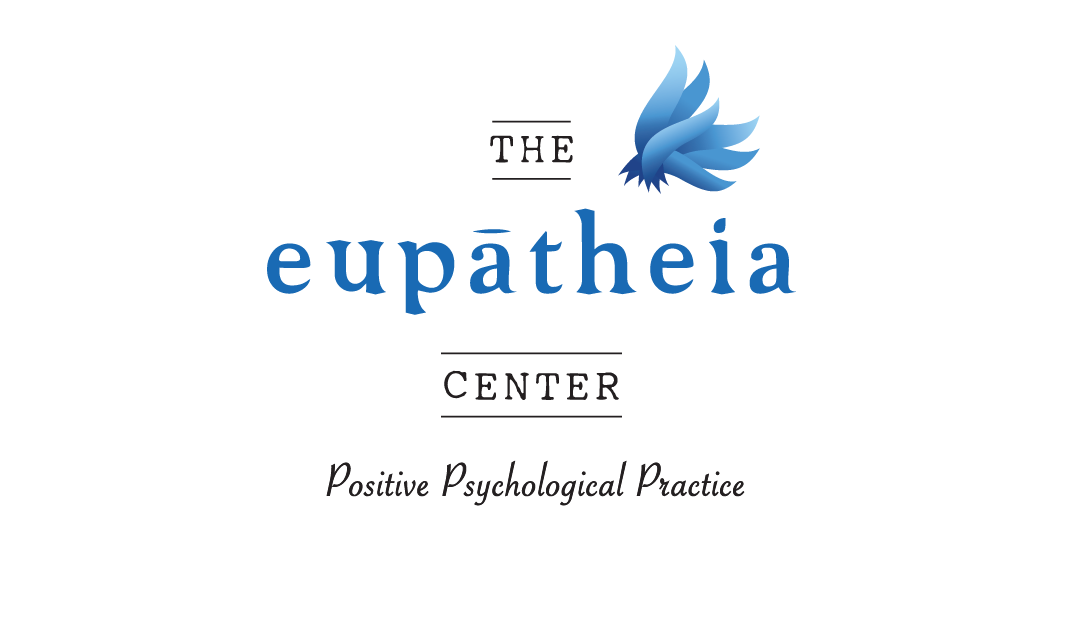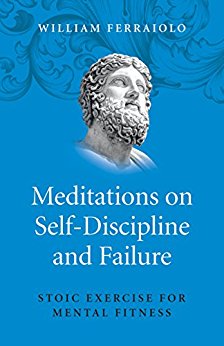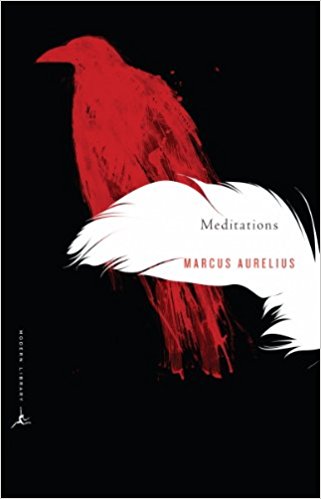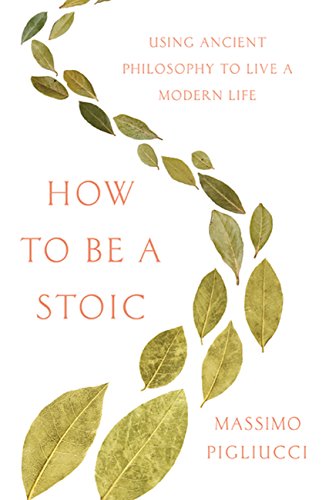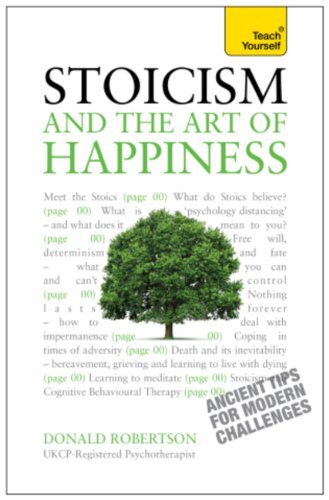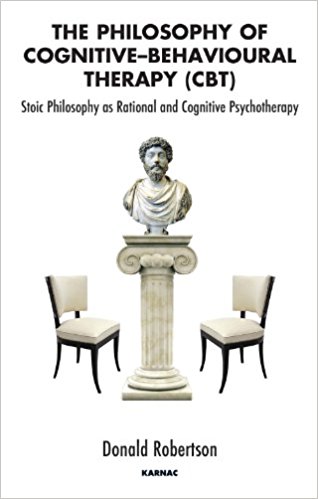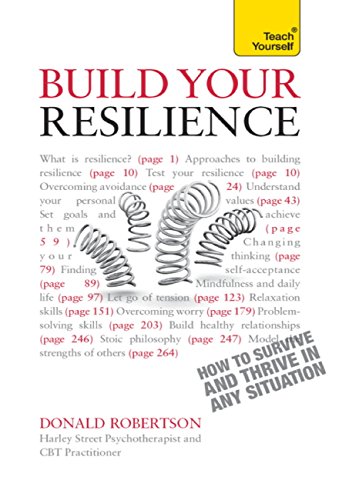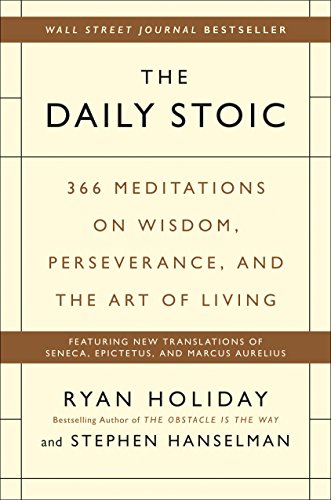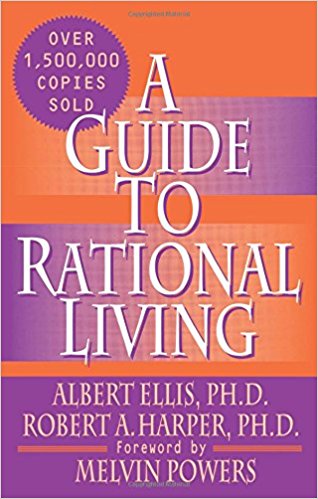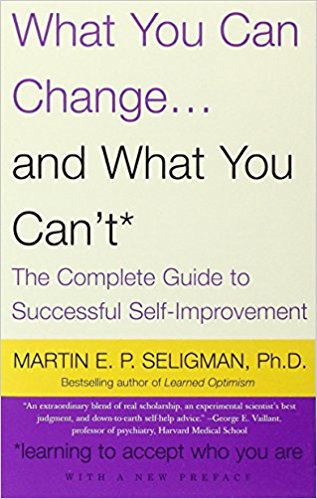The Crisis of Faith and the Age of Anxiety: A Eupatheian Perspective on Karl Barth
/Few thinkers have diagnosed the existential condition of modernity as incisively as Karl Barth. Writing in the wake of World War I and as a critic of both theological liberalism and reactionary dogmatism, Barth saw clearly that the modern world was defined by a profound crisis of faith. It was not merely that individuals struggled with belief in God; rather, the entire structure of human self-understanding had been fractured. The Enlightenment promise of autonomous reason had collapsed under the weight of its own contradictions, leaving a void filled by anxiety, despair, and ideological entrenchment.
From a Eupatheian perspective, Barth’s critique resonates deeply with the psychological challenges of our age. The crisis he diagnosed was not merely theological but profoundly emotional and existential. The loss of a stable, coherent worldview leads not only to theological uncertainty but also to an underlying emotional dissonance—a kind of dyspatheia, or discord of the soul. Barth’s call for a radical reorientation toward divine revelation can be reinterpreted psychologically as the need for a reintegration of the self, one that moves beyond shallow reassurances or ideological rigidity and toward a genuine encounter with emotional truth.
The Collapse of the Idealized Self
In psychological terms, the crisis of faith Barth identified mirrors the collapse of the idealized self—a key concept in Eupatheian psychotherapy. When individuals or societies construct rigid, self-sufficient identities based on illusions of control, moral certainty, or intellectual mastery, they inevitably encounter their limits. The devastation of the Great War exposed the fragility of human constructs, much as personal crises expose the limits of our own coping mechanisms. When these structures fail, anxiety floods in. For Barth, the response was a renewed dependence on divine revelation; in psychological terms, the way forward involves relinquishing defensive illusions and moving toward emotional authenticity.
The modern condition, as Barth described it, is one of estrangement—not only from God but from the self. The Eupatheian framework understands this estrangement as the result of defensive emotional patterns, cultivated to avoid discomfort but ultimately leading to greater suffering. People either retreat into ideological certainty (which numbs anxiety but stifles growth) or succumb to nihilism (which acknowledges uncertainty but abandons meaning). Barth’s theology, much like Eupatheian therapy, calls for a third way: an encounter with truth that neither demands rigid certainty nor surrenders to despair.
Toward Emotional Coherence: Faith as a Psychological and Existential Shift
Barth’s theological revolution was not merely doctrinal but experiential. He rejected both the rationalist attempt to ‘prove’ God and the sentimentalist attempt to ‘feel’ God. Instead, he emphasized a radical dependence on grace—an openness to encounter rather than an assertion of mastery. This aligns with the Eupatheian principle that emotional growth is not achieved through sheer willpower but through openness, engagement, and the willingness to integrate one’s full emotional reality.
In this light, Barth’s call to faith can be understood as a call to psychological coherence. Just as Barth saw faith as an act of trust in divine revelation, psychological growth requires trust in the process of self-discovery. It is an act of courage to relinquish rigid defenses and allow oneself to experience the full complexity of one’s emotions. The crisis of faith, then, is not merely a theological struggle but an invitation to move beyond both fearful avoidance and defensive posturing and toward an integrated selfhood.
The Path Forward: Embracing the Limits of Human Understanding
Barth’s theology insists on the primacy of God’s revelation precisely because human attempts at self-redemption fail. The Eupatheian parallel is the recognition that rigid self-justifications, avoidance patterns, and illusions of control ultimately lead to deeper suffering. Psychological healing, like Barthian faith, requires an encounter with that which is beyond our immediate grasp—whether we name it grace, truth, or the emergence of authentic self-awareness.
In an age of anxiety, Barth’s challenge remains urgent. Whether one engages with it theologically or psychologically, the core insight remains: true growth comes not from doubling down on illusions of certainty but from embracing the vulnerability of real encounter. The way forward is neither ideological entrenchment nor existential despair, but the courage to face the unknown with openness, trust, and emotional integrity. This, ultimately, is the Eupatheian path to healing in an age of crisis.
Brendan C. Engen, PsyD
